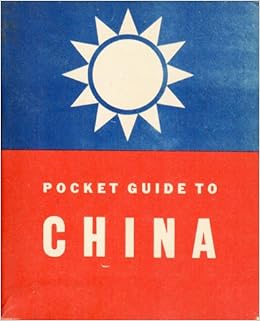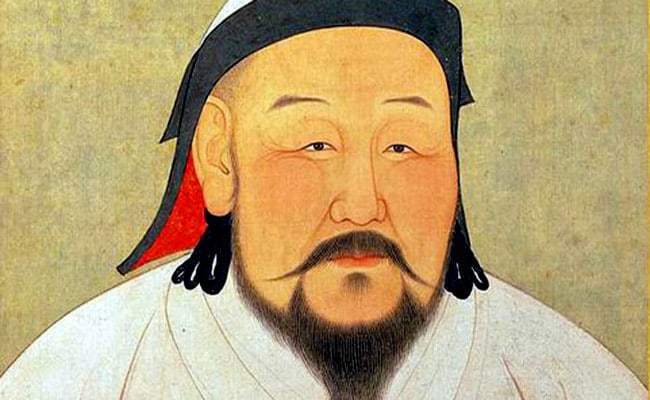In Dan Carlin’s Hardcore History podcast on the Mongols, he recounts taking a class in college on Genghis Khan where he wrote a paper about some of the economic benefits of the Mongol Empire’s reign, and his Chinese professors gave him a bad grade for overlooking the tens of millions of people the nomads killed to acquire their massive empire. Carlin argued that the Mongol death toll wasn’t the point of the essay and it was unfair to grade him that way, but the teacher said it was morally inexcusable to overlook blatant genocide in this context.
I had a vaguely similar encounter in college, but in the other direction. I took a class on Mongol history taught by a professor who was famous in the field (he had spent years unsuccessfully searching for Genghis Khan’s body in Mongolia), and he used to make good-natured jokes about how one of his TAs was an unabashed Mongol fan. The TA didn’t just think the Mongols were interesting, he genuinely believed they were a force for good in the world, and when giving lectures he would go on at lengths rattling off the accomplishments and stats of the Mongol Empire, only to be occasionally interrupted by the main professor who would remind everyone that the Mongols probably killed a higher percentage of the earth’s population than any military force in history.
I just finished listening to the audiobook of Jack Weatherford’s book, Genghis Khan and the Making of the Modern World. When I started it, I wondered if the publisher forced that rather click-baity title on Weatherford. After all, though it’s a well-written and entertaining account, it is a fairly straightforward historical survey of Genghis Khan’s life and legacy. The book never concisely states what the “modern world” is or how exactly Genghis Khan made it.
But now that I finished it, I think Weatherford may have chosen the title after all, because he is about as pro-Mongol as one can get. And though the book is more of a historical account than an argument for a grand historical/cultural/societal explanation for the modern world, there is a faint outline for such a thing somewhere in there.
Even though I don’t totally buy it, I’ll do my best to explain Weatherford’s argument. I’ll also try to explain how Genghis Khan was so awesome (at least in a purely amoral, achievement-based sense) and why he’s one of the most famous people in all of history.
Continue reading “Mongol Apologia – How Genghis Khan Made the Modern World” →


